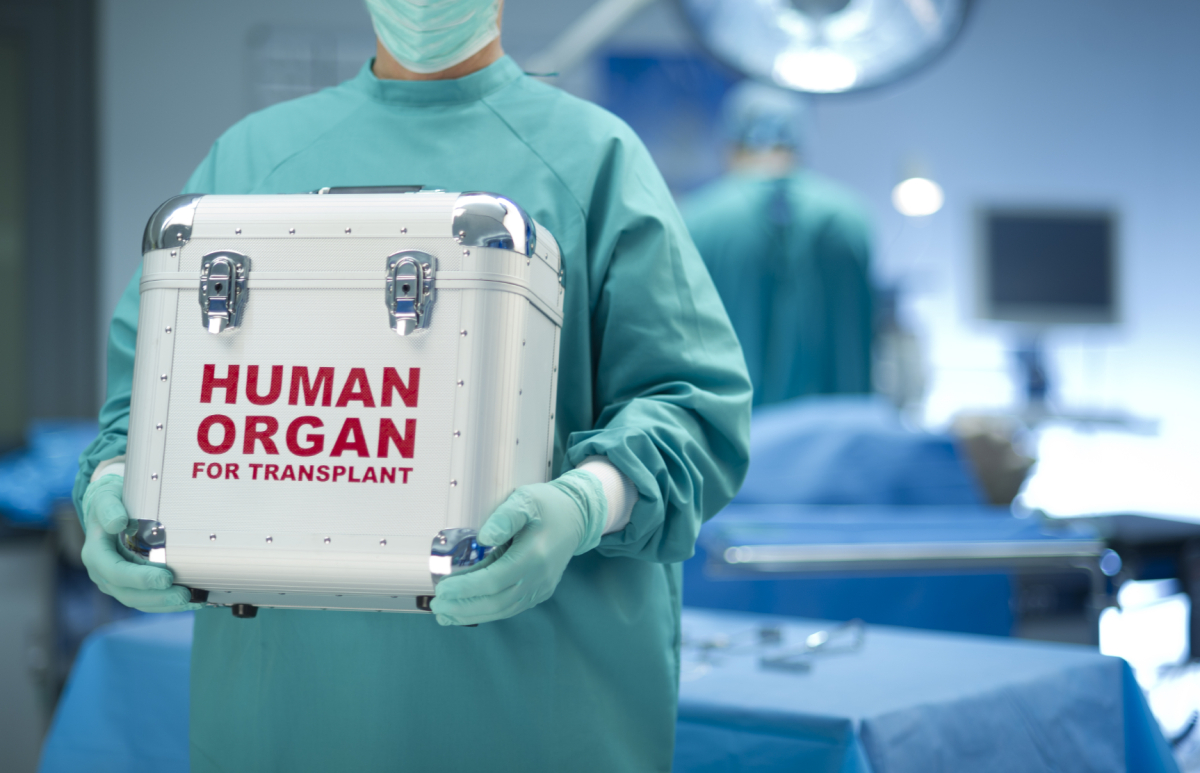5 Things You Should Know Before Becoming an Organ Donor
May 15, 2016
 962
962 
Donating your organs and tissue is a great way to make a big impact on someone’s life. In fact, one donor can help save or improve the lives of over 50 people. Whether or not you are undecided about becoming an organ donor, there are a few things you should know before going to get that little heart symbol added onto your driver’s license.
A Drop of Water in a Drought
The need for organ and tissue donors cannot be emphasized enough. Each day, over 18 individuals (including children) die waiting for a much-needed transplant; and there are over 100,000 people on a waiting list. The impact of your donation will be felt and appreciated by the organ recipients, their families and loved ones, and everyone around them.
Almost Anyone Can Donate
Whether someone is seven or 70 years old is irrelevant when it comes to donating organs and tissue. There is currently no age limit or requirement for donors. Individuals under the age of 18 will need parental consent before signing any forms, but the need is always there. Also, don’t think that just because your diet mainly consisted of Big Macs, pizza and Chinese food that you are too “unhealthy” to donate. There are only a few serious medical conditions that disqualify you from being a potential donor; but everything else is fair game. For a proper assessment, you can visit your physician and undergo several tests.
Donating Organs Does Not Mean a Closed Casket Funeral
A common misconception is that donating your body means disfigurement and requires a closed casket funeral service. This is incorrect; whether you donate organs, tissue or bone, your body won’t look disfigured or harmed as a result of skillful procedures. For example, if you donated bones, metal rods would be inserted in their place. Donated tissue would be removed from the back, and organs would be removed through neat incisions that would be covered up with clothing. Any of these procedures would be virtually unnoticeable at an open casket service.
You Don’t Have to Be Dead
Individuals don’t have to wait until death to help someone in need of organs. Any adult over the age of 18 can become what’s known as a living donor. That is, you may have chosen to donate a kidney, or perhaps part of your liver. This might be what you are looking for if you want to make a difference in someone’s life and survive to tell the tale another day.
Signing a Card Is NOT Enough
Signing a donor card and receiving that proud heart symbol on your license is not the only step to becoming an organ donor, but it’s certainly a great first step. Be sure to register with your state’s organ donor registry, and make it a point to discuss your plans with family members to avoid any postmortem problems. By talking with your family beforehand, you can rest assured that your wishes will be carried out exactly as you wanted.
Cited Sources
“20 Organ Donation Facts & Statistics You Should Know & Share.” Donate Life Vermont. 4 Mar. 2011. Web. 28 May 2012. <https://www.donatelifevt.org/organ-donation-facts>.
“Organ Donation: 5 Things to Know.” Seattle Children’s Hospital. Web. 28 May 2012. <https://www.seattlechildrens.org/clinics-programs/transplant/resources/organ-donation-five-things-to-know/>.
“Organ Donation: Don’t Let These Myths Confuse You.” MayoClinic.com. Mayo Clinic. Web. 29 May 2012. <https://www.mayoclinic.com/health/organ-donation/FL00077>.

A new study suggests that a widely used sugar substitute found in diet sodas, chewing gum, and low-sugar yogurt may elevate insulin levels. This could increase the long-term risk of heart disease. “Artificial sweeteners have infiltrated nearly all types of food, making it crucial to understand their long-term health effects,” said Yihai Cao, senior author […]

Diet Coke has long been a fan-favorite among soda lovers who want a fizzy, guilt-free alternative to traditional soft drinks. While its zero-calorie, zero-sugar label makes it seem like a healthier option, the reality is far more concerning. Despite its undeniable popularity, Diet Coke’s nutritional profile has raised red flags among health experts for years. […]

New study shows that embracing an anti-inflammatory, plant-forward diet can support cognitive function and help reduce the risk of dementia. What You Eat Shapes Your Brain The food you eat doesn’t just impact your body—it also affects your brain. Research suggests that eating an anti-inflammatory, plant-based diet can help improve memory, focus, and overall brain […]